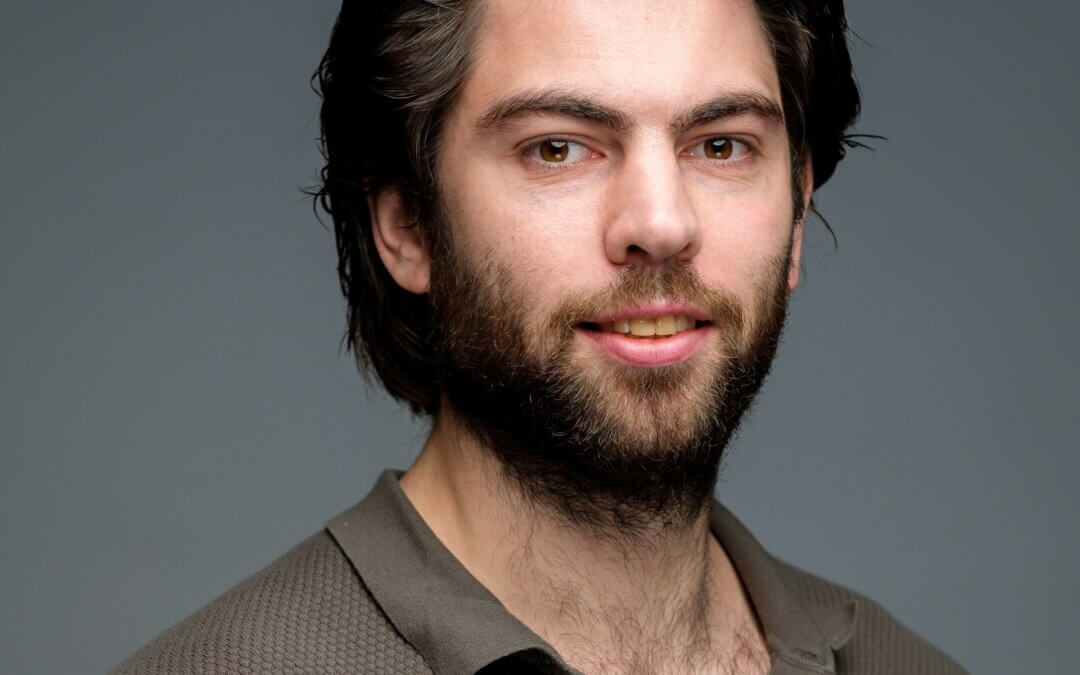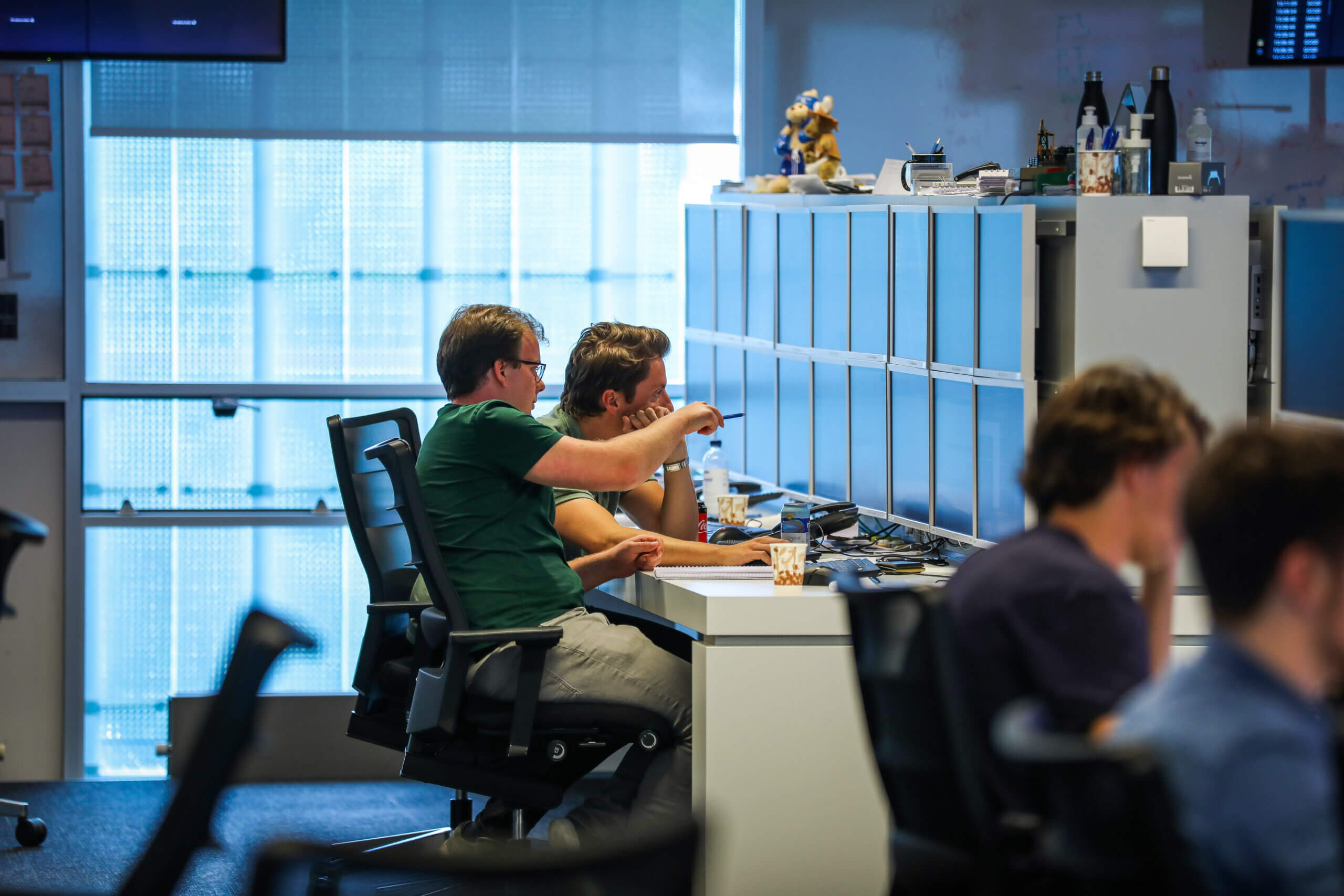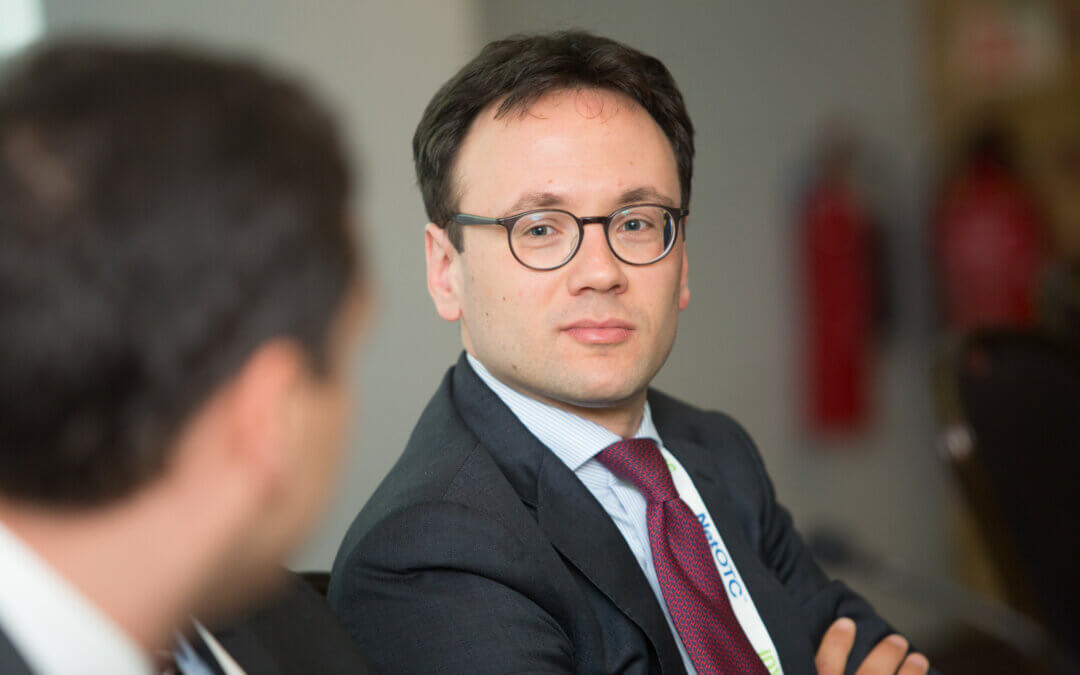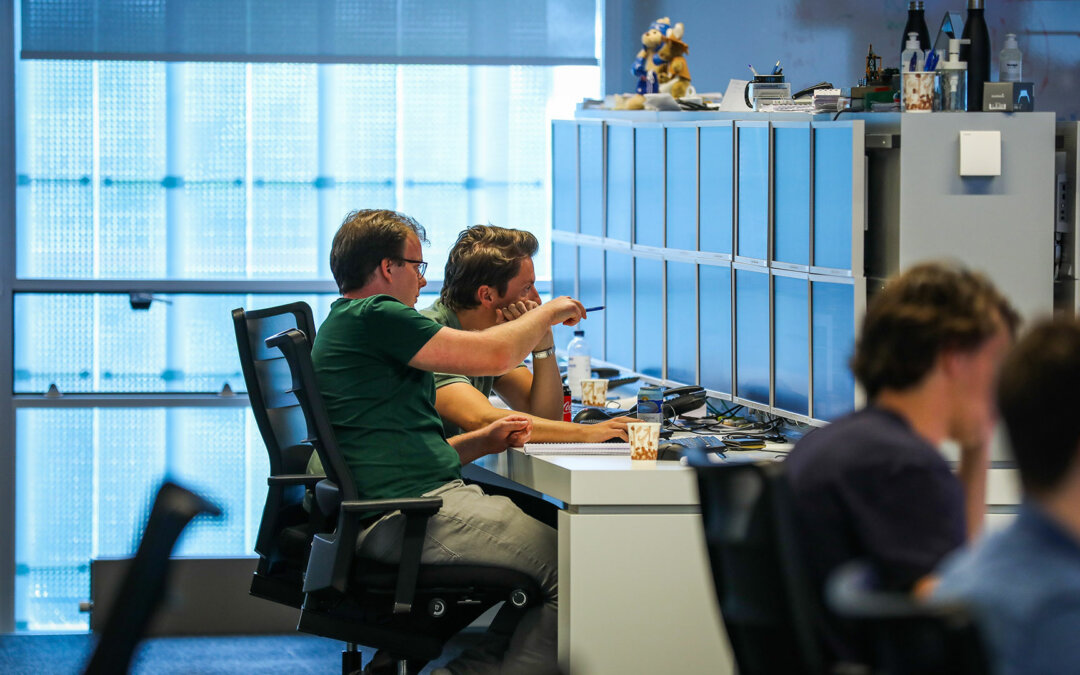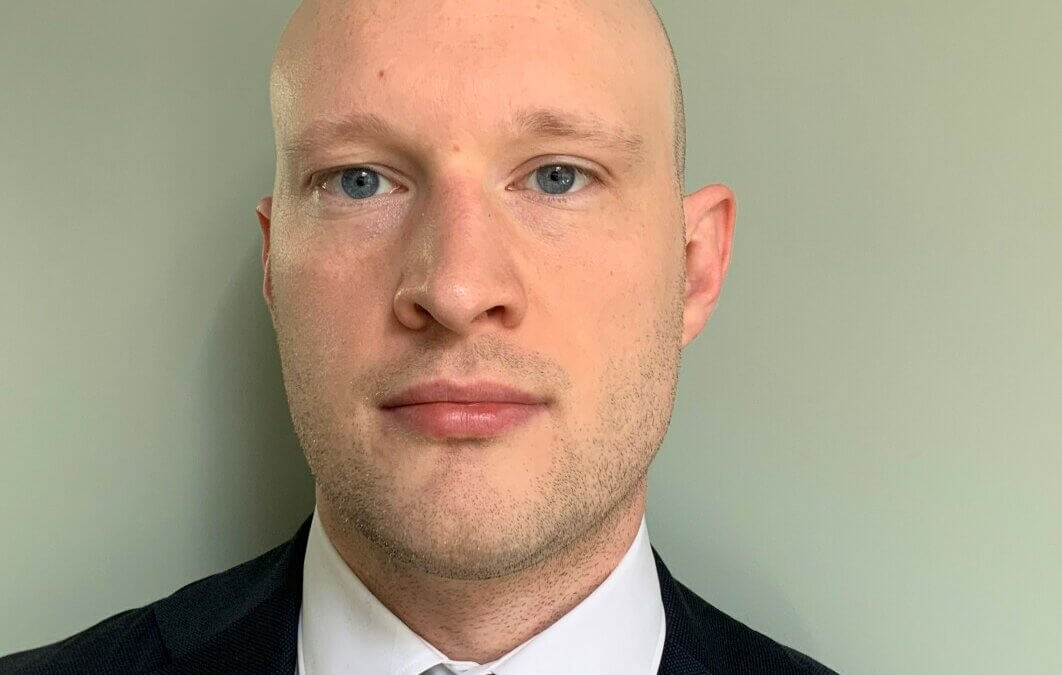
Meet Conor McCann, Head of Derivatives Sales at Susquehanna International Group
Tell me a bit about your role and what it involves.
I look after the direct counterparty trading at SIG. I work closely with our sales traders who manage the relationships with our direct trading partners.
At SIG we facilitate off order book trading with various types of institution where we aim to deliver competitive prices that fit the needs of these trading partners. I am responsible for the pricing of these trades with a focus on the equity derivative space
A large reason that counterparties come to trade with us directly is our ability to minimise the impact of their large sized trades, we absorb the risks into our own trading book and look to limit the need to offload risk immediately into the market.
Outside of the pricing of these trades a large part of my role is to manage the risk we take on associated with this trading. I work within a group that is active in the inter-dealer broker market and liaise with our electronic market makers to remain plugged in to the trading and potentially avail of any opportunities that present themselves to recycle legacy risk positions that exist from our previous trading.

“A large reason that counterparties come to trade with us directly is our ability to minimise the impact of their large sized trades, we absorb the risks into our own trading book and look to limit the need to offload risk immediately into the market.”
What does a typical day look like?
I like to get into work around 7:15. I’ll spend some time pre-open getting set up complete and ready for the trading day. I try to get a feel for where the markets are, what’s driving them and to get my thoughts together for what to expect of the day, what needs work, what could happen that might change my thoughts.
Then we’ll, we’ll have a series of different meetings in the morning to share thoughts within the team. So we speak with some of our corporate researchers in the morning, we talk amongst the traders as well. I have a meeting with my sales traders to get the expectations of the day, get everybody on the same wavelength as to what’s important for the day. We are then ready to go once the market opens at eight o’clock.
Typically, I am quite busy for the first three hours making prices for direct counterparties. It’s rare that there is much free time during this period each day. Up until 11 o’clock is usually spent working on those core responsibilities of market making for our direct counterparty trading.
The 11 o’clock to two o’clock period is often a lot calmer, we take some time to figure out what’s going on, a little bit of reflection on how the trading has gone early in the morning.
We can use this time to schedule meetings, take some time on any projects that we are working on.
Trading often gets busy again in the afternoon. From two o’clock to 4.30 I’ll often be spending much of my time on the direct counterparty pricing again.
At the end of the day there’ll be a lot of discussion on the desk and with different people about what has gone on and what we think could be important for tomorrow. Preparation for the next day is already beginning. We also take that time to reflect on what has happened and what are the key takeaways.
What is it that you like about working about Susquehanna?
I’m interested in the financial markets in general, so like the sector that I’m working in. In terms of working for Susquehanna, I like working for a firm that operates in a high-performance manner with a process driven and best practices approach to what we do. We have a reasonably casual office environment but have a large work force that are all very engaged in the work. I like my colleagues, I think a lot of firms can talk of teamwork being important to them, but in Susquehanna, we certainly do live that. I find the team emphasis rewarding and do think it crucial to our success.
What is it that makes you proud about what you do?
I am proud that we are an important part of the markets that we participate. If we’re trading a product, we aim to properly trade the product, and have a positive influence on those markets.
I’m very happy that we have good relationships with the exchanges and with our trading partners and that my role allows me to have some influence in this regard. We don’t just focus on our own activities-we care about and pay attention to the overall market structure and want to see the market benefit all market users and grow.
So how did you get into market making like why did you choose it?
I came to it somewhat late, at university I took a pathway where I studied mathematics and statistics and pure mathematics was probably the largest chunk of my degree.
I was looking at roles that mathematics might be a good gateway into, and I knew of Susquehanna from being in Ireland and they were beginning to build a presence at our college.
I was increasingly intrigued as I learned more about the company, I was very drawn to the real interest in decision making and game theory. It gelled very well with my own interests and background.

“We don’t just focus on our own activities-we care about and pay attention to the overall market structure and want to see the market benefit all market users and grow.”
What do you think it takes to be a market maker?
In our office there’s definitely different ways to go about things, I certainly don’t trade in the same way as everybody else and there’s no one size fits all. Having said that there are some key skills you’ll need. Most important is being a clear thinker. Being able to manage a lot of information, make accurate inferences from that information and be comfortable in an environment where you don’t have full information, but still be able to make decisions.
Enthusiasm is incredibly important. I’ve been doing this for 14 years and I’m still learning things, I don’t think anybody ever fully masters market making so you do have that drive towards self-improvement. Self-awareness and critical self-analysis are important tools to have or to develop.
The #WeAreMarketMakers campaign is about highlighting what market making adds to the markets and society. What is your perspective on this?
The key function of market making is, is to be able to provide a tradable price when it’s needed. The immediacy here is a crucial part of the service we provide. This ultimately reduces costs for investors and promotes liquidity which has the added benefit of reducing the cost of capital for companies. This in turn is a benefit to society.
Increasingly a further value add is for us to help in holding our share of the risk in our markets. The risk ultimately must be taken on, we play our part in this, pricing it correctly and holding and managing the positions through time. This helps absorb price shocks in volatile market conditions and I think this is an important function to provide to help facilitate a healthy, stable market.
To find out more about Susquehanna International Group (SIG) visit www.sig.com
